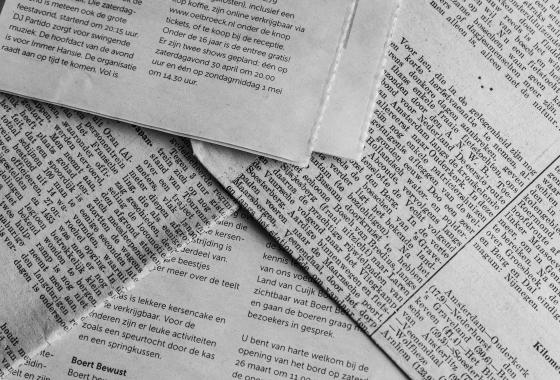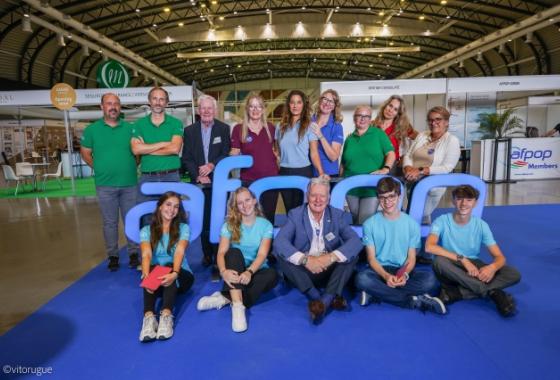
Z01E - Political Parties
Category : Government
Z01E - Political Parties
Portugal is a parliamentary republic with a single National Assembly (“Assembleia da República”) consisting of 230 members who are elected for a four-year term by proportional representation in multi-seat constituencies. The President of the Republic is Marcelo Rebelo de Sousa (PSD), who was elected for the first time on 24 January 2016 and re-elected for a second term on 24 January 2021. The management of the Portuguese Parliament is in the hands of the President of the Assembleia da República, who oversees its administration and of the Board of Administration, which acts as both a consultative and a managerial organ. The Assembly of the Republic elected in the legislative elections in May will elect the new president of Parliament, as well as the vice-presidents and secretaries.
The Democratic Alliance (AD) is a center-right political coalition in Portugal, composed of the Social Democratic Party (PSD) and the CDS – Partido Popular (CDS-PP). It was relaunched in 2024 as a revival of a previous alliance that existed between 1979 and 1983. The coalition was formed to contest elections and has played a significant role in Portuguese politics, particularly in the 2024 elections, where it won the most seats but fell short of a majority
After the election of the 18th of May 2025, each party is represented by the following number of members in parliament:
| Partido Social Democrata (PSD) | 88 |
| Chega (CH) | 60 |
| Partido Socialista (PS) | 58 |
| Iniciativa Liberal (IL) | 9 |
| Livre | 6 |
| Partido Comunista Português (PCP/PEV) | 3 |
| Centro Democrático Social – Partido Popular (PPD/CDS-PP.PPM) | 3 |
| Bloco Esquerda (BE) | 1 |
| Pessoas–Animais–Natureza (PAN) | 1 |
| Juntos pelo Povo (JPP) | 1 |
Traditionally, the Partido Social Democrata (PSD) is ideologically a liberal-conservative party able to attract the vast majority of right-wing votes. It appeared shortly after the 25th of April 1974 revolution as the Popular Democratic Party (PPD- Partido Popular Democrático), and for a while both names were used. The current leader of the PSD Luís Montenegro is now also prime minister.
Chega (CH) is a national conservative, right-wing populist political party in Portugal formed in 2019 by André Ventura. It is characterised as being between the right-wing and far-right of the political spectrum.
The Partido Socialista (PS) was created by militants of the Acção Socialista Portuguesa in the German city of Bad Munstereifel in April 1973. After the 2025 elections Pedro Nuno Santos stepped down. There is currently only one candidate for the new leadership which is José Luís Carneiro, who is expected to take over by the end of June 2025. It is ideologically a social-democratic party.
The Initiativa Liberal (IL) is a liberal political party in Portugal currently led by Rui Rocha.
Livre is a political initiative of free people, united by left-wing ideals and democratic practice, according to their website https://partidolivre.pt/ . Their leader is Rui Tavares.
The Partido Comunista Português (PCP) is a communist, Marxist–Leninist political party in Portugal based upon democratic centralism. Their leader is Paulo Raimundo. The party also considers itself patriotic and internationalist, and it is characterised as being between the left-wing and far-left on the political spectrum.
The Bloco de Esquerda (BE) is made up of several left-wing parties and political movements. Their party leader is Mariana Mortágua. They consider themselves to be socialists, anti-capitalists, feminists, environmentalists and anti-racist.
There are other smaller parties which can be located at this website: www.parlamento.pt, also available in English.
Azores and Madeira
Portugal comprises the European mainland, along with the Azores and Madeira archipelagos.
While the mainland is unitary, the Azores and Madeira are autonomous regions with their own political and administrative statutes and self-government institutions. Both regions have their Regional Legislative Assembly, which is the representative and legislative body of, and is also responsible for supervising government action.
For each of the autonomous regions of the Azores and of Madeira, there exists a Representative of the Republic.
The President of the Republic appoints and discharges these representatives after consulting the Government.
Madeira has 47 deputies in the Assembly and the Azores 57.





